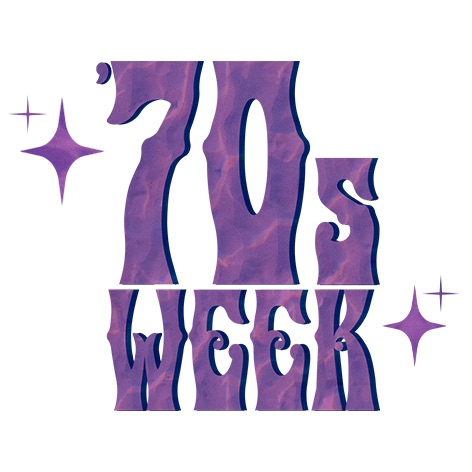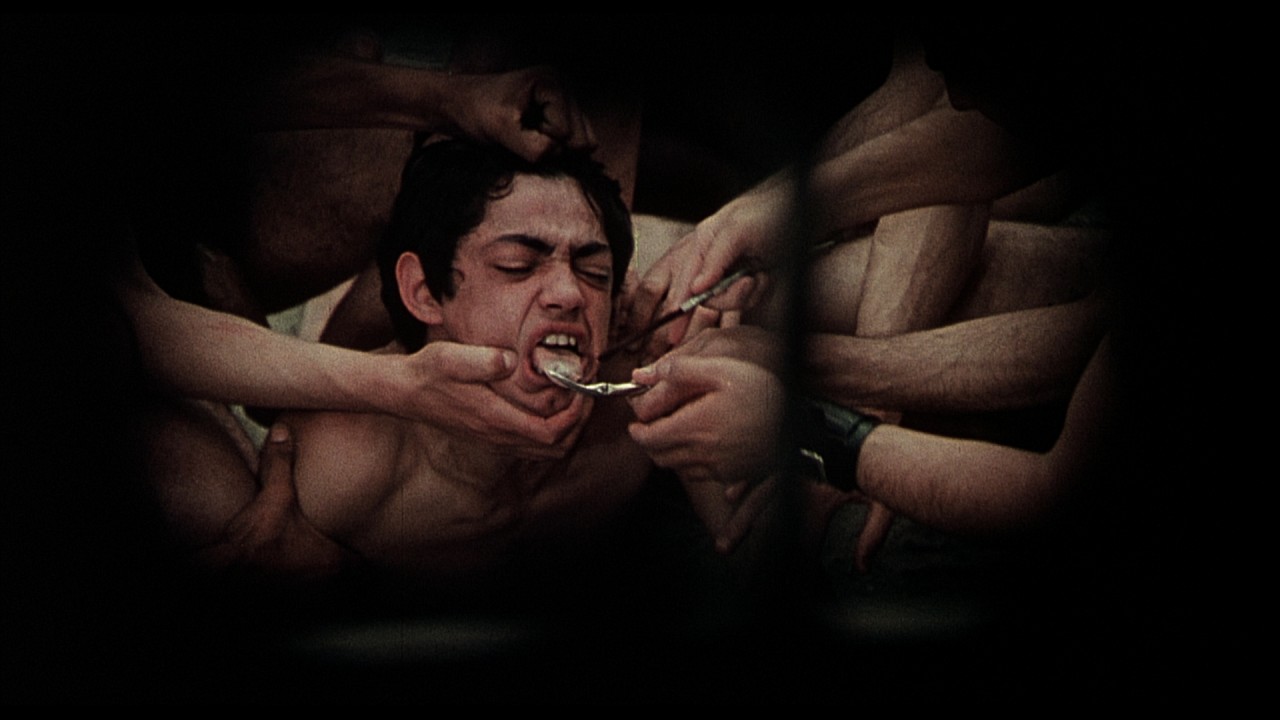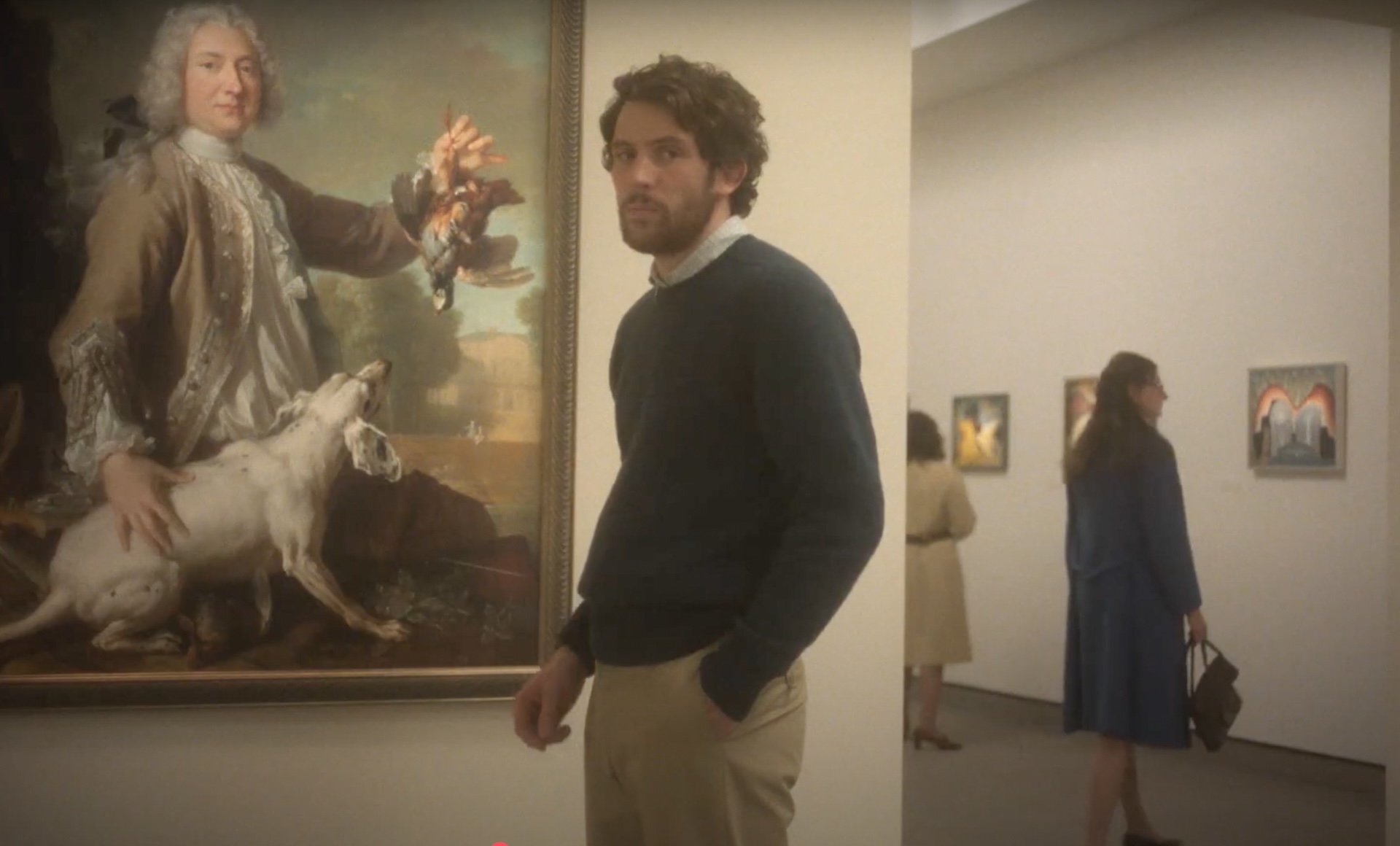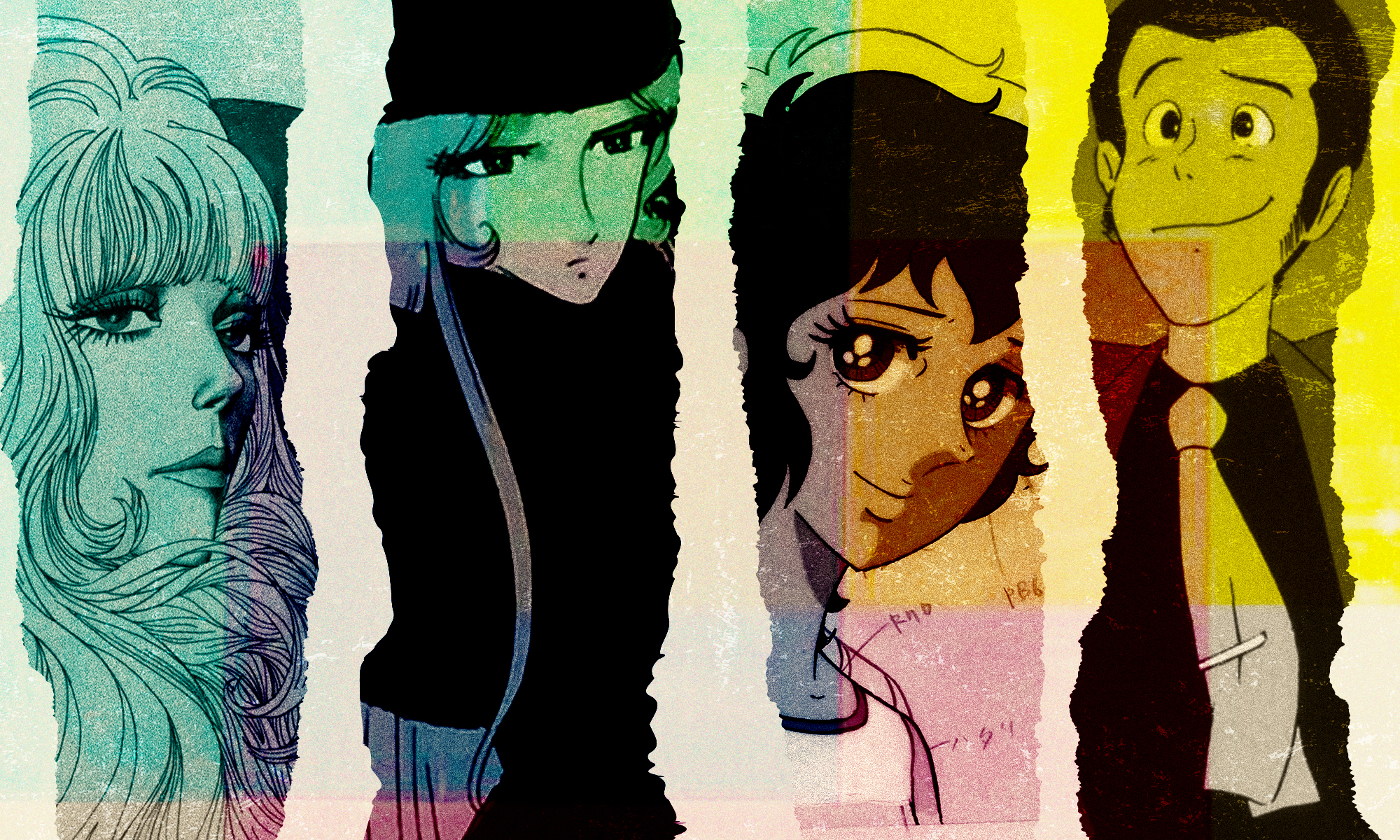
Only John Waters could pull off emceeing a New York Film Festival double feature of Gaspar Noé’s abrasive acid trip “Climax” and Pier Paolo Pasolini’s harrowing art-meets-exploitation, anti-fascist epic “Saló, or the 120 Days of Sodom” — and at a pop-up drive-in at the Bronx Zoo, of all places, and in the height of COVID-20.
“When I grew up in the drive-in, you always honked when you saw breasts or gore. So I said, ‘Honk when you see art.’ Every time there was an art shot, everybody honked,” the Pope of Trash told IndieWire during a recent phone interview.
So in the case of “Saló,” Pasolini’s final film before the Italian filmmaker was murdered by a 17-year-old sex worker at a beach in Ostia, Rome, in 1975, that must have meant a lot of honking. Shot by cinematographer Tonino Delli Colli, it’s one of the most visually beautiful films ever made. Galaxy-brained cinephiles and critics argue Pasolini was assassinated as part of a conspiracy against his own anti-fascist views; Waters has argued that the gay 53-year-old filmmaker simply had a bad night, a hook-up turned disastrous.
“Saló” premiered at the Paris Film Festival in November 1975, the same month as Pasolini’s death, and it took two years for the film to arrive, uncut, on U.S. soil in limited release via Zebra Releasing Corporation. The word of mouth around town, especially where “Saló” played in New York City, was eruptive.
Modeled after Dante’s “Inferno” but inspired most directly by the Marquis de Sade’s “120 Days of Sodom,” this grand and disturbing classic is set in a real Italian fascist puppet state in the early 1940s. There, Pasolini imagines four libertines who kidnap a group of teenagers — young men and women — and subject them to rape, torture, degradation, brainwashing, and, of course and most infamously, shit-eating. (“Saló” is also #2 on IndieWire’s list of the Best Films of the 1970s.)
That shit, on Pasolini’s set, was chocolate, but three years prior to “Saló,” Waters had Divine eat actual dog feces for his riotous and boundary-exploding dark comedy “Pink Flamingos,” a film as counterculturally influential as “Saló” would too become. In 2021, Waters released the spoken-word album “Prayer to Pasolini,” which features the director speaking in tongues and paying tribute to one of his cinematic idols — and it was recorded at the park outside the Roman airport where Pasolini was killed, a place that has now become a shrine to the director and a pilgrimage for film lovers.
There, Pasolini was run over multiple times by the hustler who hijacked his car, allegedly crushing the filmmaker’s testicles with a metal bar in the process.
“I was amazed because, if you go online, they say [the park is] locked, but it isn’t locked. The lock is fake. You get there, and it’s a beautiful park and really in the middle of nowhere, where he got killed. Who paid for that? Who did that? It’s in the middle of nowhere. It was really a holy card for me to go there,” said Waters, who gathered twigs, pine cones, and “relics, as they used to call them in the Catholic church.”
He said, “In my stand-up show, I do a thing where I say I’ll have to go back to being a puppeteer, where I started with children’s birthday parties, but I want to do ‘Saló’ with very mature children, rich kids.”

Most of the actors, such as the Mediterranean Italian Franco Merli, whom Pasolini first discovered for his 1974 film “Arabian Nights,” were unknown and nonprofessionals. Some were models, and the physical beauty of his cast was a feature, not a bug, of Pasolini’s vision, as there’s no denying the parade of lithe, naked twinks on display and gorgeous Italian men and women, almost like face powder over the hidden ugliness.
“I read an interview somewhere, I don’t remember where, the Catholic kids were underage and naked, eating fake shit, and [one said], ‘We had the best time making “Saló.” Every time Pasolini yelled “cut,” we were laughing. The movie was always easy bait for censors because people go crazy when they watch it, and it is incredibly confrontational. Pasolini was dead serious about making that movie. He didn’t do it as an exploitation film,” Waters said. “He didn’t do it as anything but an art film, which all his films were.”
There is, though, inherent comedy in “Saló” despite the film being dead-serious, whether a Signora pantomiming a handjob on a mannequin. Or lines like, “Show the mass of this impertinent boy,” or one of the four libertines boasting about a young boy’s “splendid anal regions.”
“It was very confrontational. The statements he’s making about fascism and everything are very true, and I think people were just so blindsided by the whole movie. I always just thought it was a really, really good movie, and God knows it delivers,” Waters said. “I always said I made art films for exploitation theaters, and exploitation films for art theaters. In certain ways, this was the same thing. It had shock value elements, of course, that people were insane from, and it really was confrontational and like no other movie. To me, I was just jealous — I said that kind of jokingly — at the outrage it caused internationally.”
Pasolini was a wild contradiction as an artist, the sort that would not survive the black-and-white, ideological nonnegotiables of much of cultural discourse today. He was an atheist and a Catholic, a Communist, and a homosexual. He was pro-cops but anti-hippies because cops “were cuter,” according to Waters. “He liked trade, and I guess cops were more like trade than hippies. Especially, he liked boys with pimples,” he said. “I did a piece for a photo shoot called ‘Pasolini’s Pimples,’ and I went through all his movies and shot pimples and then cut them out into a collage of just pimples. He liked pimples.”
Retrospective considerations of the political timeliness of classic films can get didactic, but that Pasolini transplanted a book from the late 1700s into 1940s fascist Italy proves “Saló’s” timelessness, and its chilling resonance now — especially when you think about QAnon, adrenochrome, and the conspiracy theorists who believe that supposed vampiric, wealthy pedophiles control the world order. Trade one oligarchy for another, and the 1940s Republic of Saló looks mighty familiar.
“Depending on your politics, there are many elements that would be the same as today right now, it would be even more relevant,” Waters said. “It remains a beautiful movie that Pasolini would be proud of, and it doesn’t get any easier to digest in any way, maybe even harder today because of the things it touches on. It’s a beautiful movie against fascism.”
IndieWire’s ‘70s Week is presented by Bleecker Street’s “RELAY.” Riz Ahmed plays a world class “fixer” who specializes in brokering lucrative payoffs between corrupt corporations and the individuals who threaten their ruin. IndieWire calls “RELAY” “sharp, fun, and smartly entertaining from its first scene to its final twist, ‘RELAY’ is a modern paranoid thriller that harkens back to the genre’s ’70s heyday.” From director David Mackenzie (“Hell or High Water”) and also starring Lily James, in theaters August 22.



